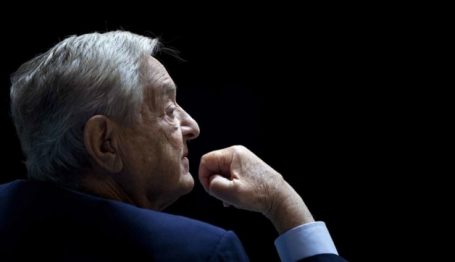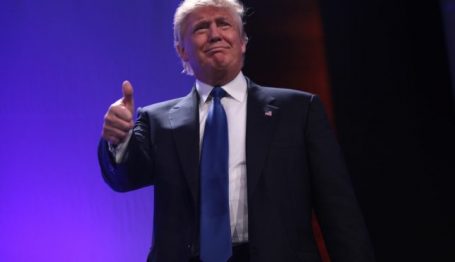Uncategorized
The Strange Case of Obamaconomist Austan Goolsbee
Has anyone else noticed that Senator Barack Obama’s economic advisor has views that seem sharply at odds with the actual policies proposed by the presidential candidate, who, on economic issues, seems pretty consistently on the left?
Obamaconomist Austan Goolsbee, the Robert P. Gwinn Professor of Economics at the University of Chicago’s Graduate School of Business, sure seems like a limited-government, free market supporter.
Several years ago as the Advisory Commission on Electronic Commerce (ACEC), which consisted of 19 members representing business, government, and consumers, studied the possibility of taxing Internet-based transactions Goolsbee exhibited all the skepticism of government that one might expect to hear at, well, a gathering of University of Chicago economists.
In an interview he told me that state and local governments’ fears about missing out on mountains of tax dollars as electronic commerce grew over time were misplaced: “Most state revenue officials, whenever they see growth rates of the magnitude that we’ve seen with e-commerce, get very nervous. They don’t like the activity and want to control it.”
Compare that with Ronald Reagan’s famous quip, oft-quoted in conservative and libertarian circles: “Government’s view of the economy could be summed up in a few short phrases: If it moves, tax it. If it keeps moving, regulate it. And if it stops moving, subsidize it.”
Goolsbee’s sentiment was barely distinguishable from that expressed at the time by Fred L. Smith Jr., president of the Competitive Enterprise Institute. Smith, who testified before ACEC, said changing the rules about taxing out-of-state purchases in order to allow governments to shake down consumers online would lead to “taxation without representation.” Added Smith, “When you can extend the tax reach to people who do not have a chance to vote you out of office, it is far too tempting, and I think it’s far too politically attractive and wrong.” (The statements by Goolsbee and Smith appear in “E-Commerce Panel Debates Merits of Internet Taxation,” by Matthew Vadum, The Bond Buyer, December 16, 1999; www.bondbuyer.com is a subscription-only website; a video of Smith testifying in 1999 appears here)
And just last year while Obama was busy hopping on the anti-subprime mortgage lending bandwagon, Goolsbee was singing the praises of the industry that sprung up to help people with low income or poor credit histories gain access to credit. The economist hailed the subprime market saying that such innovative financing has helped make homeownership possible for people who previously couldn’t afford to buy a home. “Almost every new form of mortgage lending – from adjustable-rate mortgages to home equity lines of credit to no-money-down mortgages – has tended to expand the pool of people who qualify,” Goolsbee said. (Capital Research Center examined the politics of the subprime issue in “Demonizing Subprime Lenders: Liberal Groups Oppose Consumer Choice,” by Melanie Sans and Matthew Vadum, Organization Trends, October 2007.)
Conservative commentator George Will has noticed the incongruity, and finds it comforting:
“Economics is the only academic discipline that in recent decades has moved in the direction that America and much of the world has moved, to the right. Goolsbee no doubt has lots of dubious ideas — he is, after all, a Democrat — about how government can creatively fiddle with the market’s allocation of wealth and opportunity. But he seems to be the sort of person — amiable, empirical and reasonable — you would want at the elbow of a Democratic president, if such there must be.”



